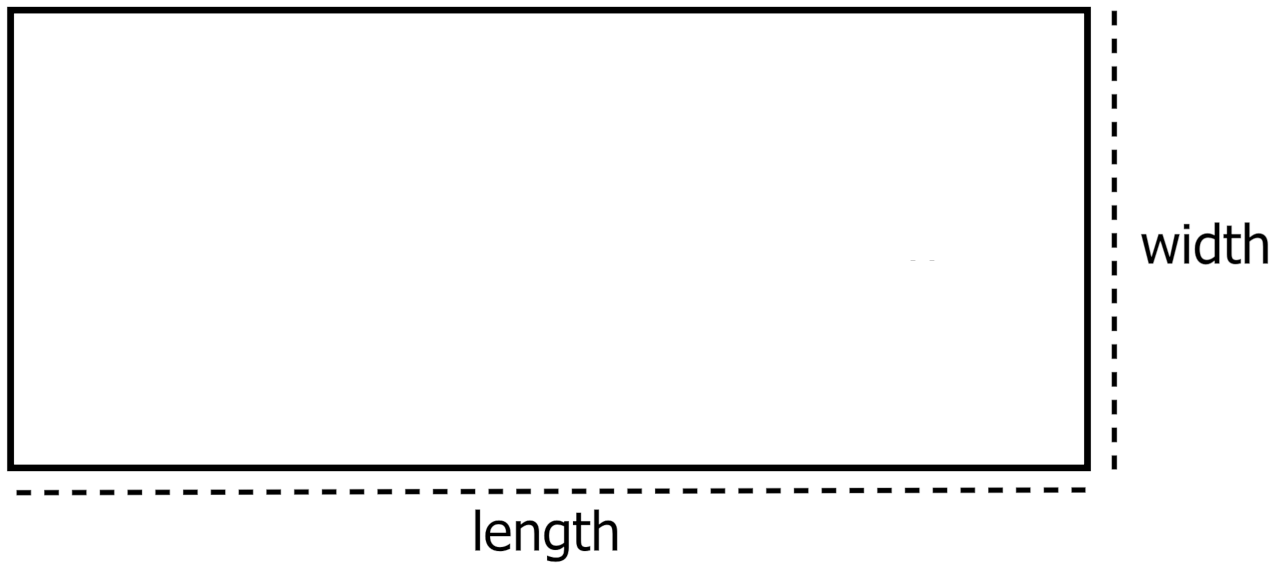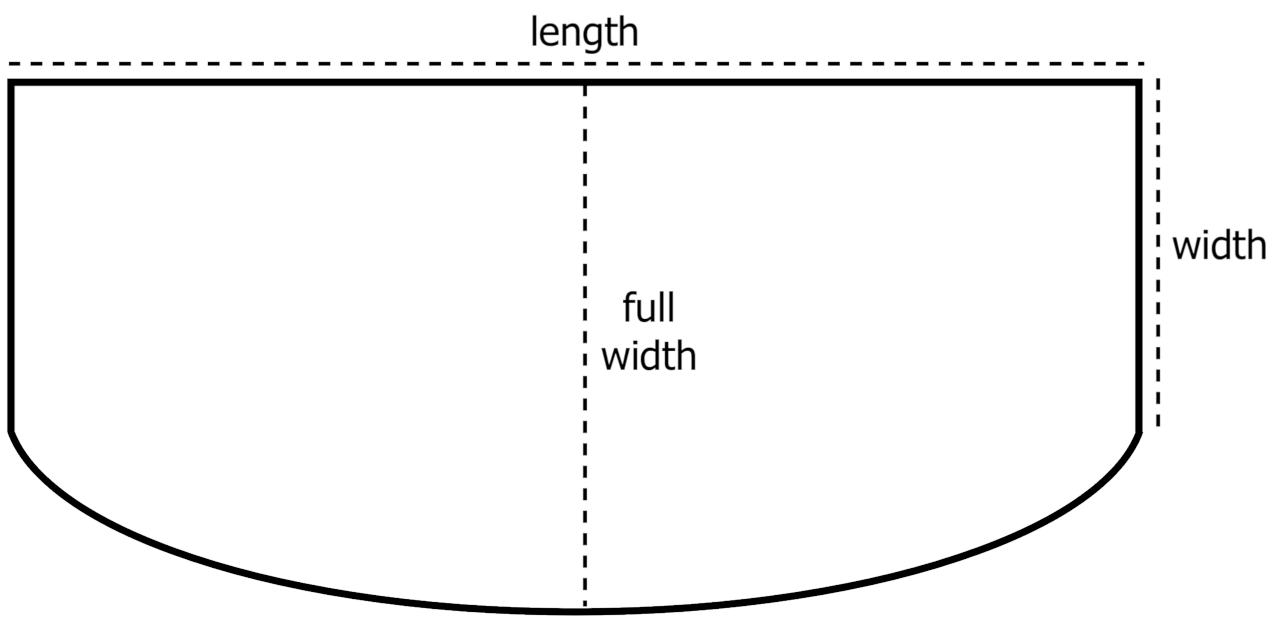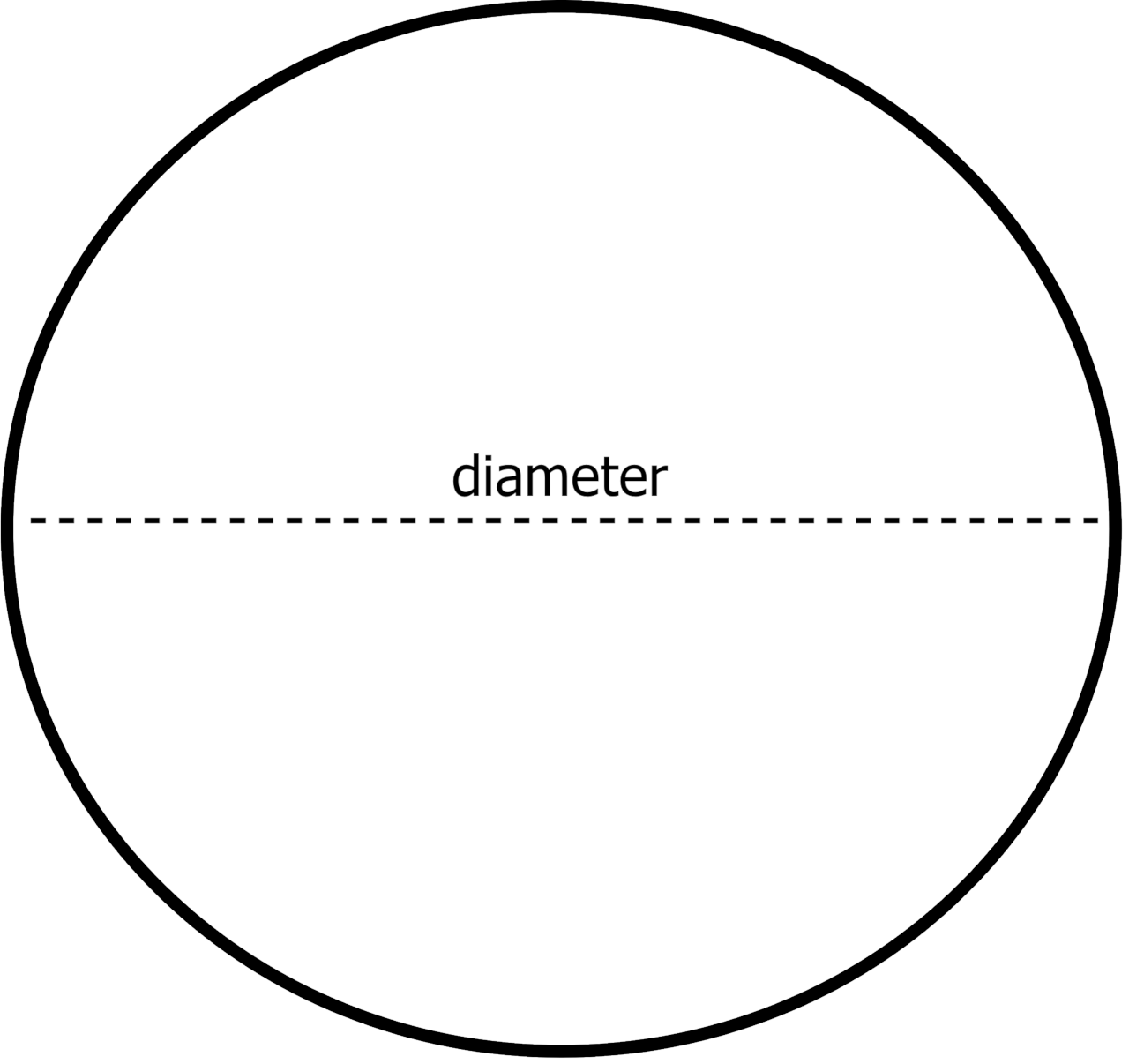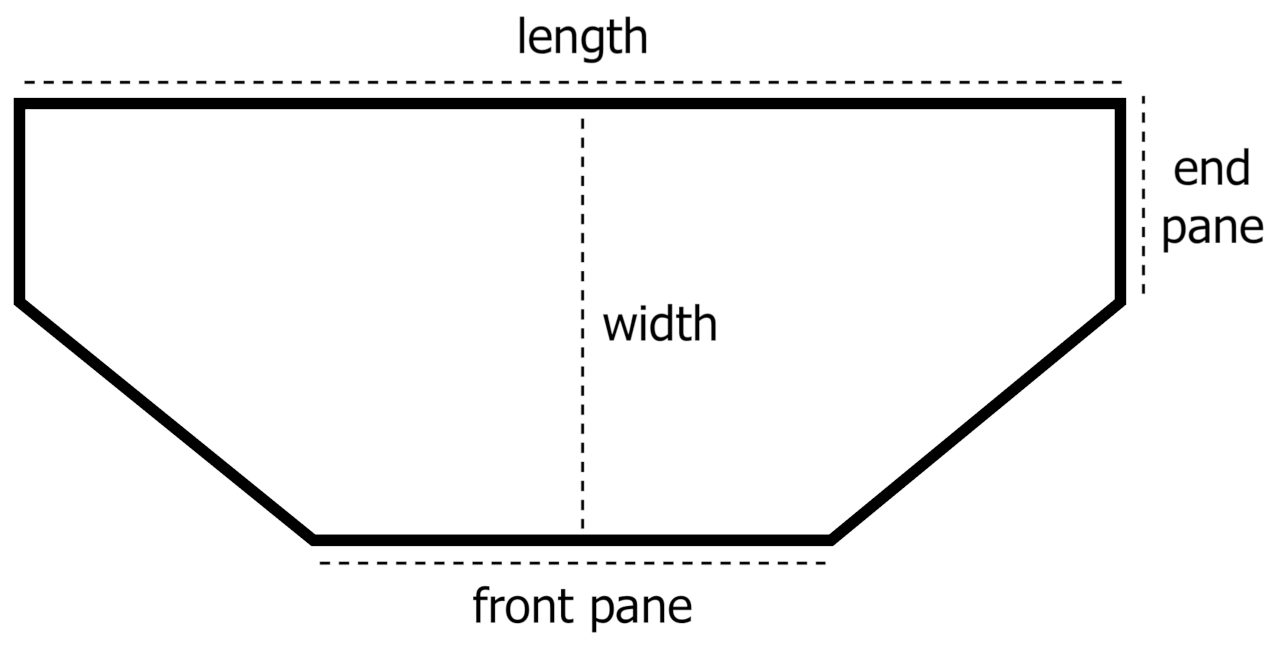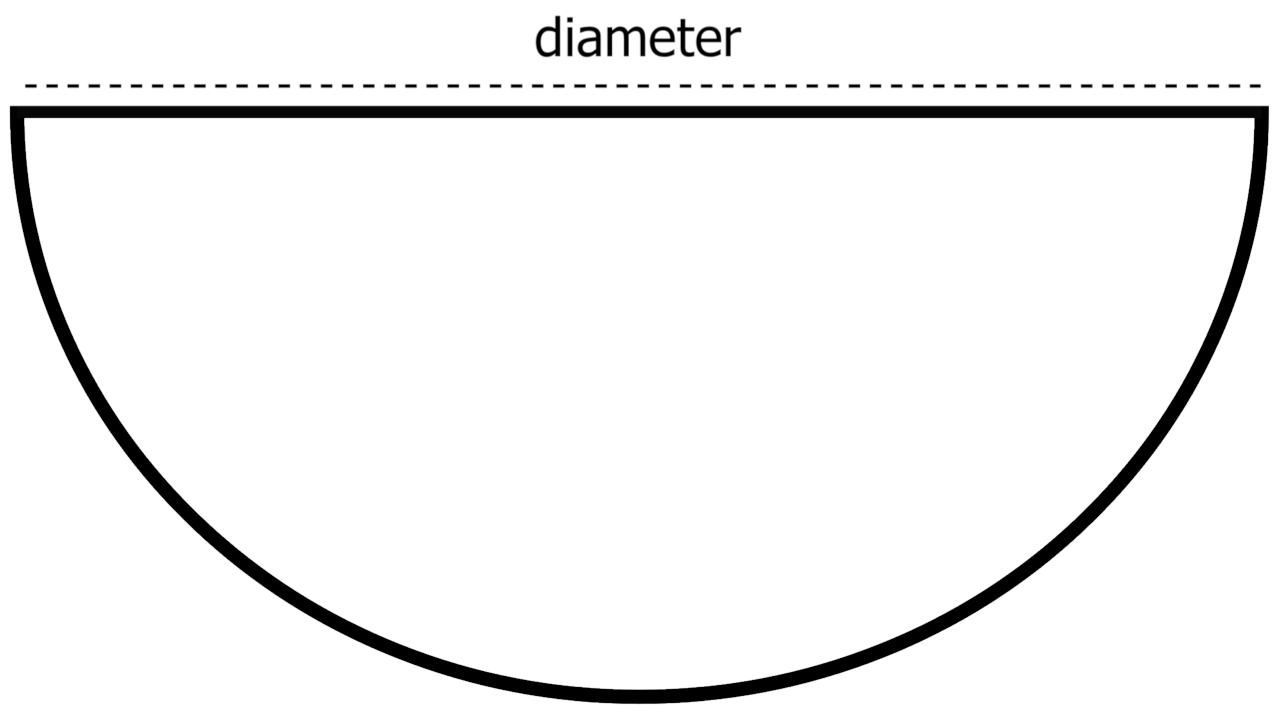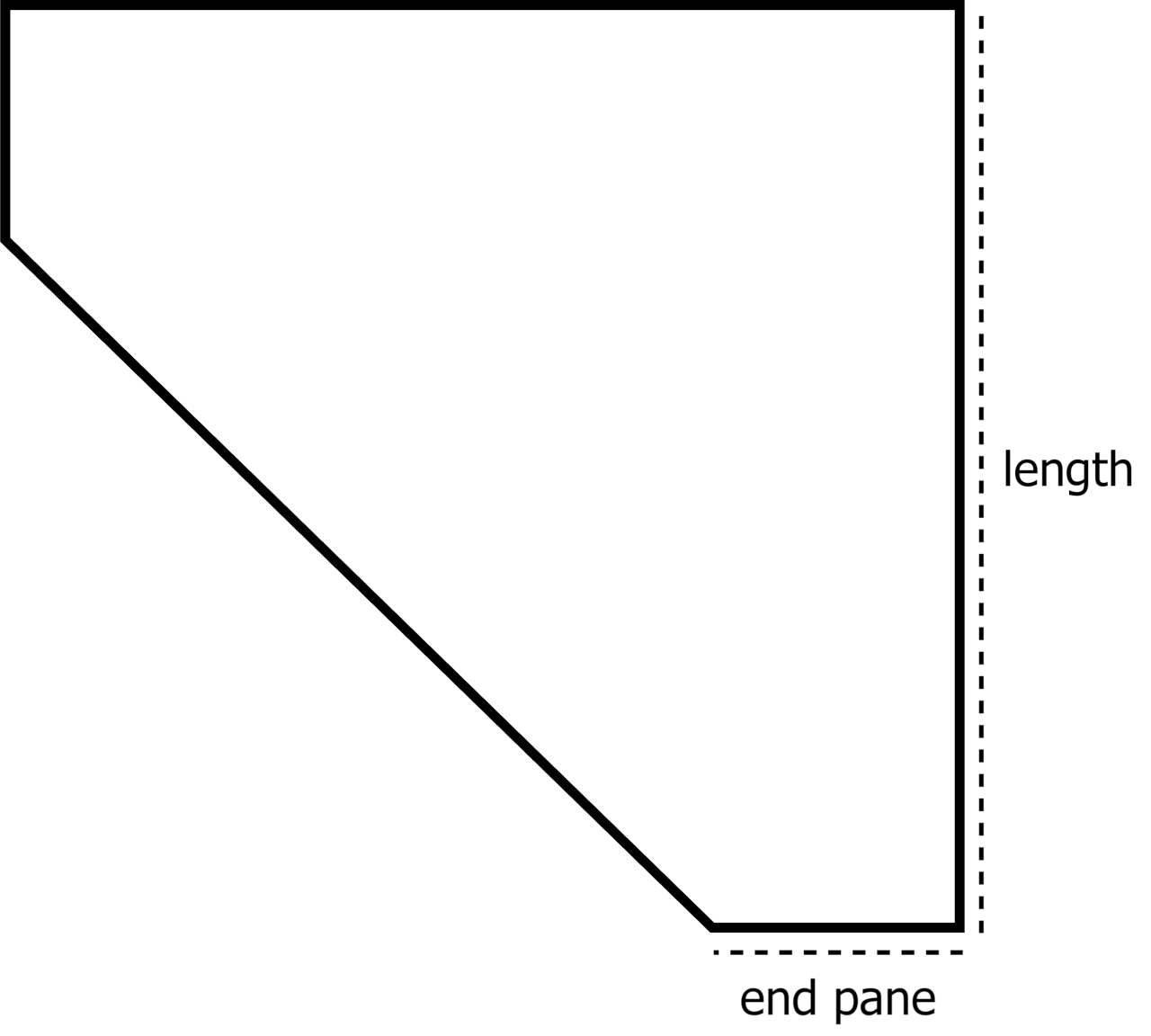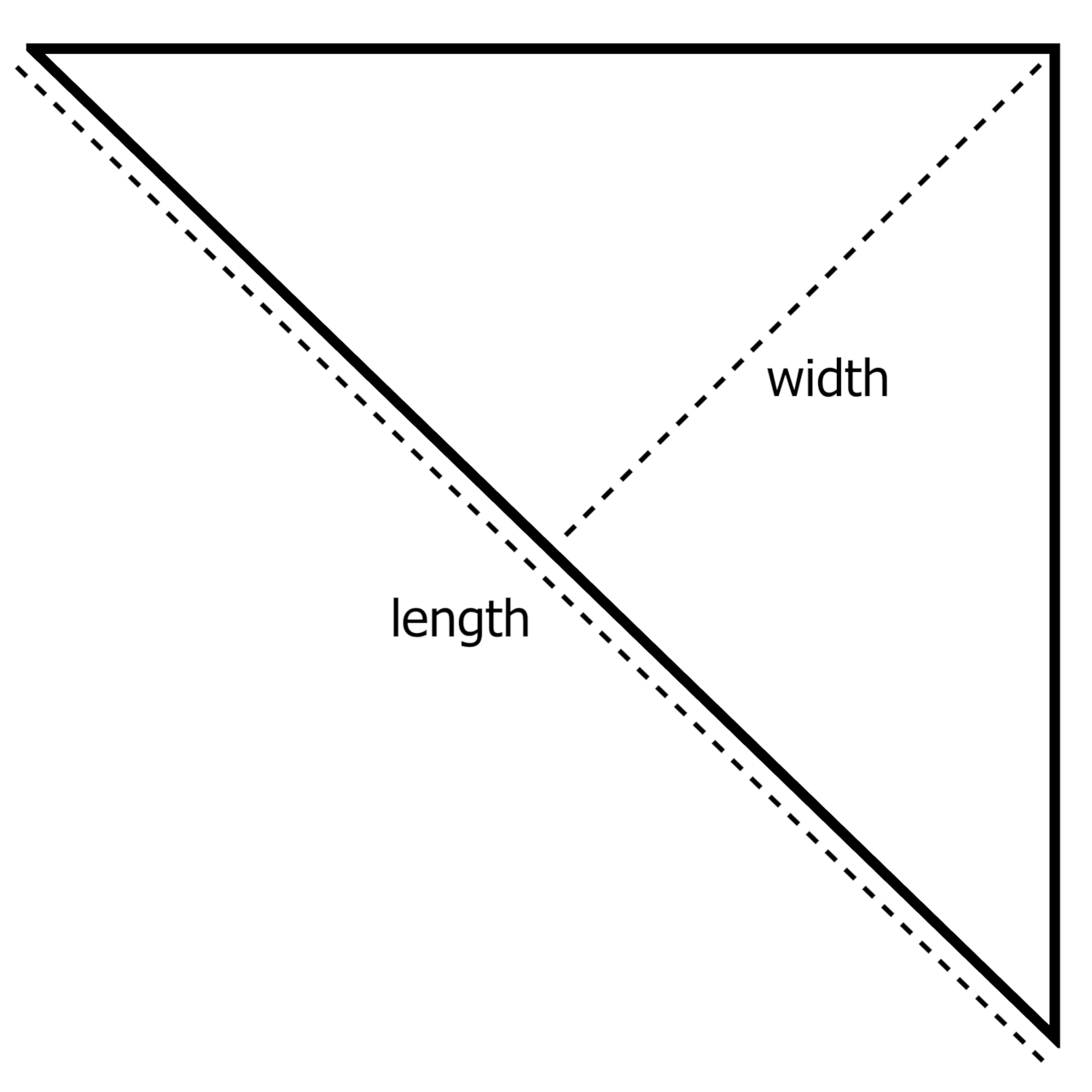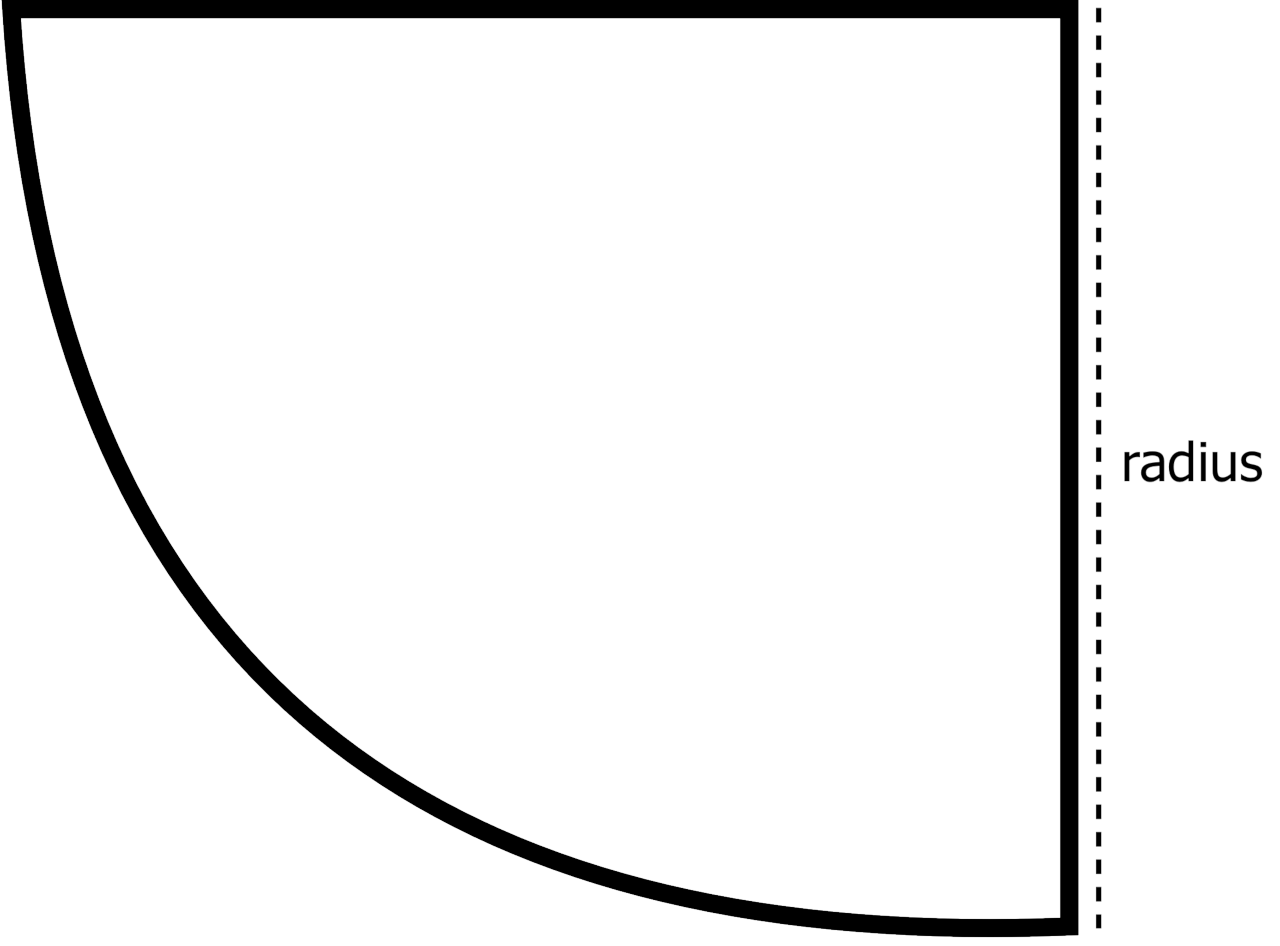Aquarium Tank Weight Calculator
Calculate the weight of a fish tank by selecting the shape, tank dimensions, and wall type.
Calculate Weight of a Rectangular Tank
Calculate Weight of a Bow Front Tank
Calculate Weight of a Cylinder Tank
Calculate Weight of a Flat-Back Hexagon Tank
Calculate Weight of a Flat-Back Cylinder Tank
Calculate Weight of a Corner Pentagon Tank
Calculate Weight of a Corner Prism Tank
Calculate Weight of a Corner Cylinder Tank
Tank Weight Estimate:
On this page:
How to Calculate the Weight of a Fish Tank
The weight of a fish tank can be calculated in a few steps. Estimate the volume of the tank, calculate the weight of the water, find the surface area of the walls, then estimate the weight of the tank itself, and finally add the water weight and tank weight together.
Step One: Calculate the Tank Volume
The first step is to calculate the volume of the aquarium. If you already have the volume, then it’s safe to move on to the next step.
The volume of the tank can be found by finding the formula for the given tank shape, entering the dimensions of the tank, and then solving the formula. For example, the volume of a rectangular tank can be found by multiplying the length by the width by the height.
Then, convert the volume to gallons. We suggest using a conversion tool for this.
You can also use our handy aquarium volume calculator to find the capacity of your tank.
Step Two: Calculate Water Weight
The majority of the weight of an aquarium is usually the water it contains. One gallon of fresh water weighs about 8.345 pounds, while one gallon of saltwater weighs about 8.554 pounds. To estimate the weight of the water in your tank, multiply the volume in gallons by the weight per gallon for the type of water.
Our water weight calculator will also help with this step.
Step Three: Find Tank Surface Area
You will need to find the surface area of the tank to estimate its weight. For a rectangular tank, the following formula for surface area can be used.
(2 × length × height) + (2 × width × height) + (width × length)
You might want to give our surface area calculator a try too!
Step Four: Calculate Tank Weight
To calculate the weight of the tank, multiply the surface area of the tank by the thickness of the walls in millimeters, then multiply again by the weight of the glass per millimeter.
Glass weighs approximately 0.5165 pounds per square foot for each millimeter of thickness. Acrylic weighs less, at about 0.24 pounds per square foot for each millimeter of thickness.
To use these weight multipliers, you’ll need to convert your surface area measurement from square inches to square feet.
Then, multiply the surface area in square feet by the wall thickness in millimeters by one of the weight multipliers above to get the approximate tank weight.
Step Five: Add It Up
The final step is to add the weight of the water to the weight of the tank. If you have a layer of gravel or other fixtures in the tank, then you’ll also want to add the weight of those to get the final weight estimate.
Of course, the calculator above simplifies this process to calculate the total weight of the aquarium, and it also supports several shapes.

